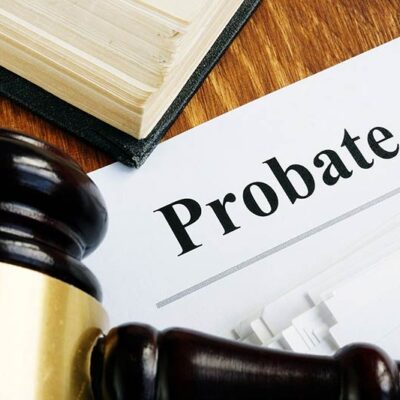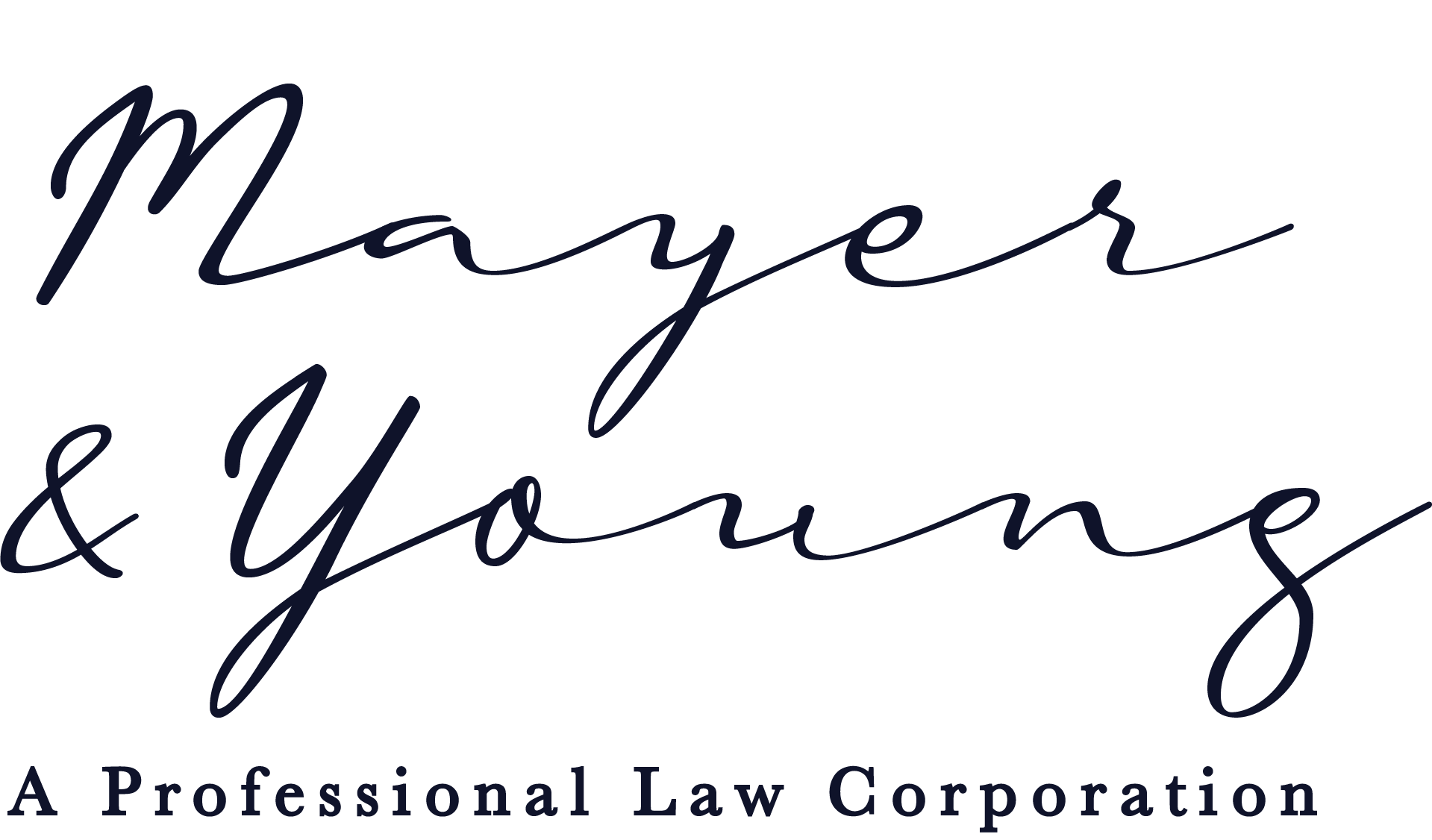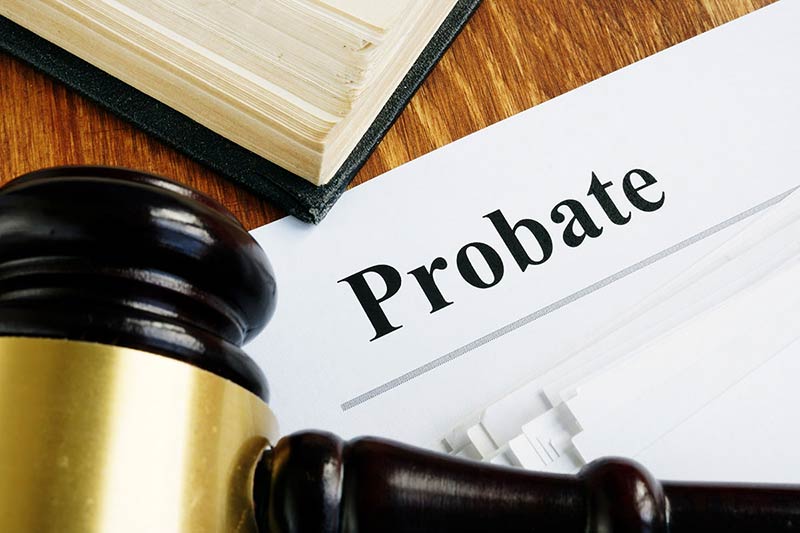The term “probate” refers to the process of the court supervising the legal transfer of property from the estate of a person who has died (also known as the “decedent”) to his or her beneficiaries. Any property subject to the authority of the court must pass through probate in order to be distributed. A decedent’s heirs may utilize the probate process to transfer property or to set a deadline for creditors to file claims on debts owed.
If you have questions about probate, please contact our office at (916) 631-1996 for a reduced fee consultation.


The following are typical examples of when court forms and/or appearances may be necessary:
- In order to establish that a Will is valid
- For the appointment of a legal representative, such as an Executor or Trust Administrator
- To identify and appraise the decedent’s property
- In order to pay estate taxes and debts of the decedent
- For the distribution of property according to the terms of the Will or to the decedent’s heirs
Mayer & Young, PC offers the assistance of a experienced probate attorneys who can help you understand what is going to be required in your specific case.
There are several instances where probate is not necessary, including where a decedent does not have any property to transfer and where assets are distributed outside the probate process. Most bank accounts allow for a beneficiary to be named through a payable-on-death (POD) clause, as do other accounts, such as a 401(k) or a life insurance policy. These types of accounts, along with any assets held in a living trust or with a right of survivorship, avoid the probate process entirely.




